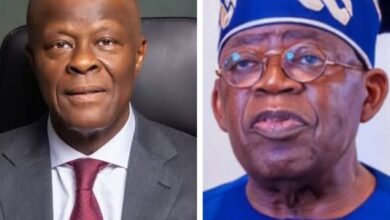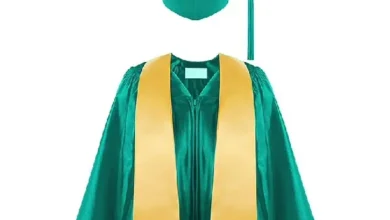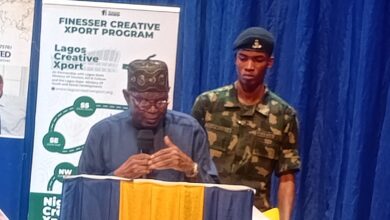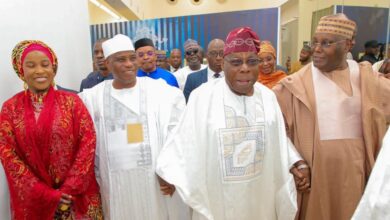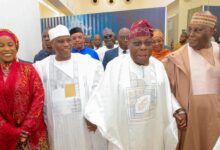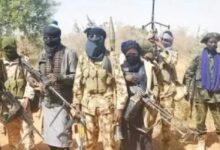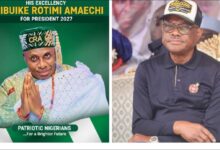How Muhammadu Buhari-led ECOWAS Mediation will install new Gambia’s President without violence: An Analysis

By Kemi Kasumu
When the Economic Community of West Africa States (ECOWAS) named Nigeria’s President Muhammadu Buhari to head its mediating team to ensure successful transition of government in The Gambia, they surely indicated with the choice of Buhari to signify they meant business.

It would be recalled that all Heads of State and Government of the ECOWAS member countries had risen from 50th Ordinary Session of the Authority of ECOWAS Heads of State and Government, held in Abuja on Saturday December 17, 2016 with a resolve to attend the inauguration of The Gambian President-Elect, Adama Barrow, on Thursday January 19, 2017, in conformity with the Gambian constitution.
According to a communiqué presented after the session, the ECOWAS leaders insisted that the out-going President Yahya Jammeh must uphold the result of the December 1 presidential election in the country and must guarantee the safety and protection of the President-elect.
“The Authority calls on President Yahya Jammeh to accept the result of the polls and refrain from any action likely to compromise the transition and peaceful transfer of power to the President-Elect,’’ the communiqué added, even as it appointed President Muhammadu Buhari of Nigeria and his Ghanaian counterpart as Chief Mediator and Co-Mediator respectively in the Gambian political impasse.
In the meantime, Yahya Jammeh till the time of filing this report was yet to shift ground. But the President-in-the-waiting, Adama Barrow had boasted that he would be sworn in the country on the scheduled date despite efforts of incumbent Yahya Jammeh to prevent it.
Both would-be old and new leaders have remained resolute on their respective stands but one would definitely fall for the other. The one that, from observation, is more likely to come through is the President-elect Adama Barrow because of the strength and assurances he draws from the ECOWAS countries and the United Nations, all of which have insisted that the incumbent President Jammeh must do the needful and leave on the day his tenure expires.
Because of fear of possible military actions therefore, citizens have started fleeing the country to safety in neighbouring countries. Senegal and some other ECOWAS countries have reportedly stationed their armed forces placing their troops on alert waiting for action should Jammeh make true his threat of not going to allow a peaceful transition.
However, Nigeria’s President Muhammadu Buhari is not desirous of violent transition in The Gambia as he has reiterated his commitment to transition without violence.
Only last week Friday, when the ECOWAS Chief Mediator and Nigeria’s President Muhammadu Buhari along with his team visited Jammeh for the last time so far and his host remained unpersuasive, he was reported to have tactically taken the Gambia’s President-elect, Adama Barrow, into safety.
Reports have it that the president-elect would remain in neighbouring Senegal until inauguration day when West African leaders would escort him to Banjul swearing-in.
However, watchers of events in The Gambia are of the view that the most possible option available to ECOWAS is to create an enabling ground for Adama Barrow in the neighbouring Senegal for him to form his government there as there is nothing that can be done inside Gambia with Jammeh still holding on to power unyielding to any appeal; except ECOWAS wants to use force.
Since Buhari, who leads the transition programme on the West Africa’s tiniest nation, says he doesn’t want violent transition, it would mean that the West African leaders would see to Adama Barrow’s inauguration in absential, form his new government in Senegal, recognised by ECOWAS, AU and the UN.
“President Adama Barrow” will then give directives for ECOWAS to move into The Gambia and clear the ground for the heroic entry of the new President into his country of responsibility and movement on to occupying his place in the presidential villa in Banjul.
Mr. Jammeh’s tenure ends January 19 and both ECOWAS and the AU has said he would cease to be President of the country he has ruled for decades by January 20.


